Greece decries EU sanctions on Russia, says move backfires economically
Greece has blasted the European Union for imposing unprecedented sanctions on Russia in the wake of the Ukraine war, admitting that the move backfired economically.
During a press conference in Thessaloniki on Sunday, Greece’s Prime Minister Kyriakos Mitsotakis acknowledged that Europe slapped sanctions on Russia despite knowing its consequences.
“The moment we imposed these extremely broad sanctions on Russia, the most serious sanctions ever, we knew that we exposed our society to a very difficult process,” Mitsotakis told reporters.
“But we warned this was the price we paid for making this choice.”
He also questioned the limits of how much the EU is willing to sacrifice in the energy showdown with Russia, and said the bloc is trying to end its dependence on Russian energy imports.
Mitsotakis added that his government has taken measures to secure sufficient energy supplies ahead of the winter in the event of Russian gas flows to the country getting fully disrupted.
“We are ready for the worst possible scenario which is Russia halting natural gas flows,” he was quoted as saying during the press conference.
It came after similar comments by Turkish President Recep Tayyip Erdogan last week, who said the “provocative” policies adopted by the West against Russia were “not correct”.
“[There is] no need to list the names, but I can clearly say that I do not find the stance that the West is adopting is correct. Because there is a West that is leading a policy based on provocation, it will not be possible to achieve a result there,” Erdogan said at a joint press conference with his Serbian counterpart in Belgrade.
The Turkish leader’s comments followed the decision by the EU and Group of Seven (G7) nations to propose a price cap on Russian gas in order to prevent the fuel prices from getting worse.
Western governments, and especially the European countries, have been experiencing a worsening energy crisis after sanctioning Russian for its military operation in Ukraine.
Russia launched a military operation in Ukraine in late February, following Kiev’s failure to implement the terms of the 2014 Minsk agreements and Moscow’s recognition of the breakaway regions of Donetsk and Luhansk.
At the time, Russian President Vladimir Putin said one of the goals of what he called a “special military operation” was to “de-Nazify” Ukraine.
In response, the Western governments imposed a slew of sanctions against Russia and supplied Ukraine with sophisticated weaponry, prompting Moscow to announce its counter-measures.
The energy bills are skyrocketing in the EU member countries, giving rise to fears among European citizens that they will completely be deprived of heating energy resources during the upcoming winter.
Gazprom, the Russian gas giant, suspended natural gas flows to Europe via Nord Stream 1 pipeline weeks ago, saying that it would halt gas supplies through the key pipeline because of a technical fault, which it blamed on difficulties repairing German-made turbines in Canada.
The EU has eased some sanctions against Moscow to allow the turbines to be repaired.
European leaders have also said there is nothing to prevent Gazprom from providing the continent with gas, accusing the Kremlin of “weaponizing” its energy exports.
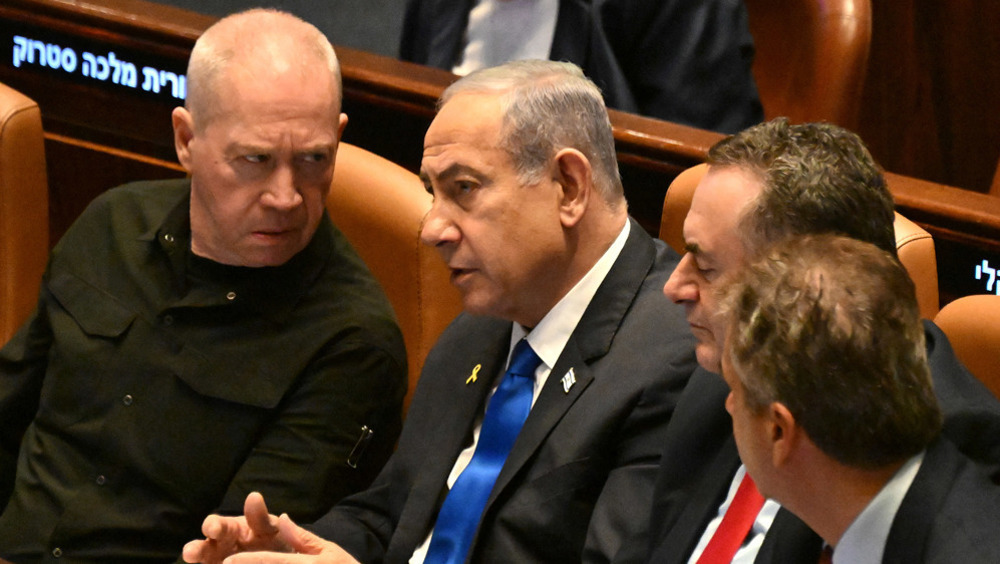
Hind Rajab Foundation to file legal action ahead of Netanyahu’s planned trip to Hungary
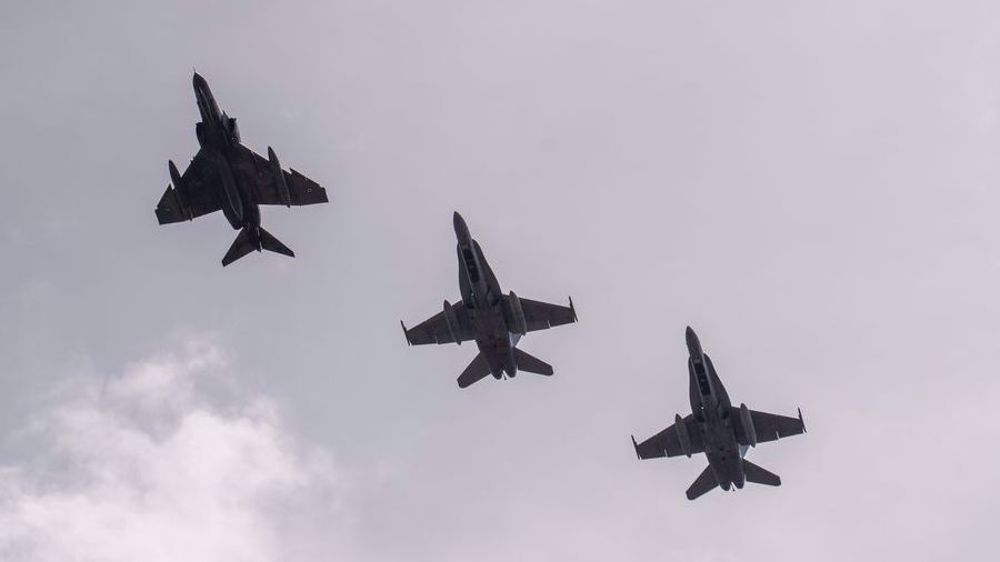
Qatar joins Israel for 'side by side training' in aerial drills in Greece
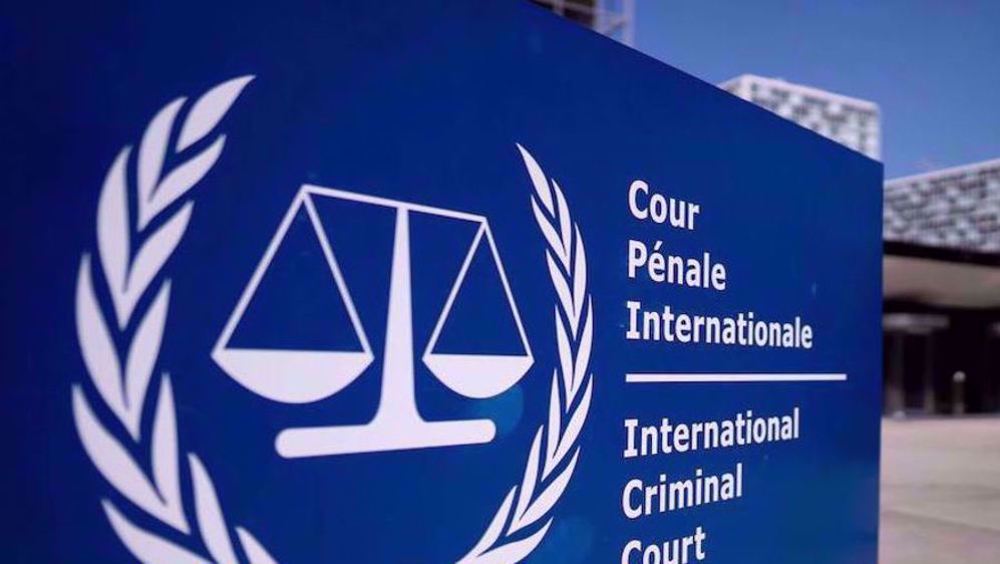
Defying ICC arrest warrant, Hungary scheduled to host Netanyahu
Trump ‘not ruling out’ Iran's offer of indirect nuclear talks: Report
Israeli military uses human shields in Gaza ‘at least six times a day’
Israel expands war on Gaza Strip to seize 'extensive territory'
Top US universities normalizing 'fascistic governance’: Fired Iranian scholar
Report: Saudi, UAE, Qatar, Kuwait ban US warplanes for strikes
VIDEO | The day Iran said: Yes
More journalists killed in Gaza than in both World Wars combined: Report
US lawmakers move to block arms sales to Israel amid Gaza war


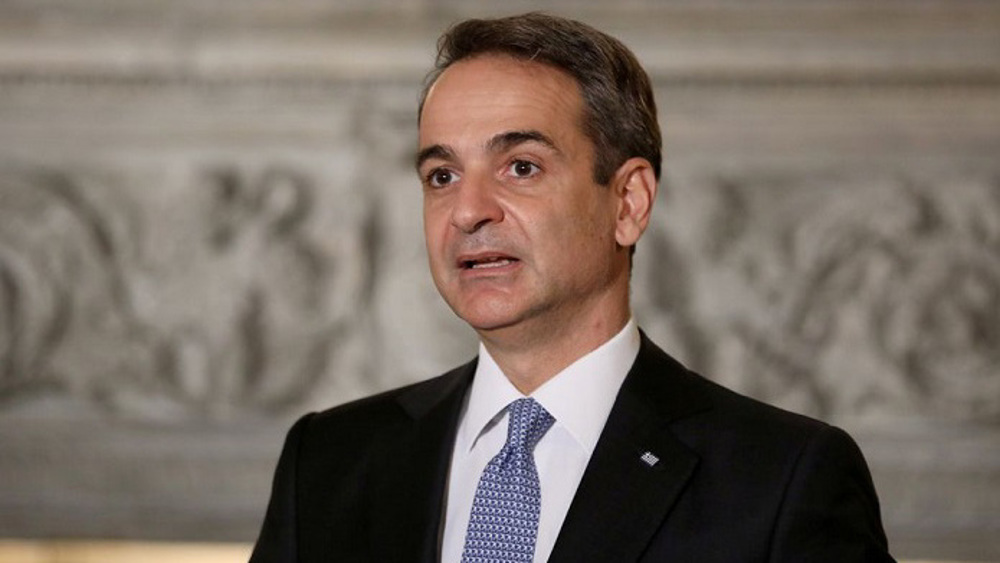
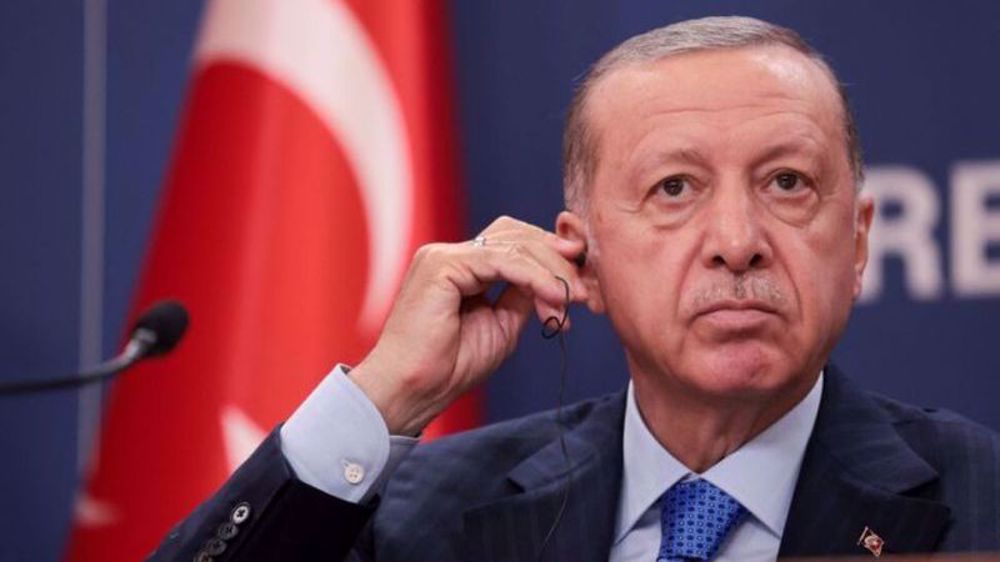



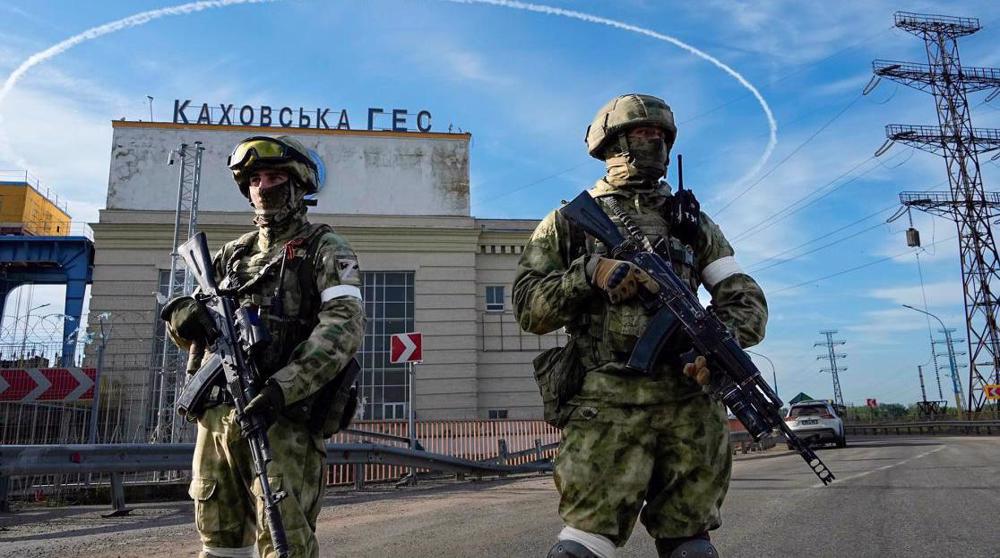
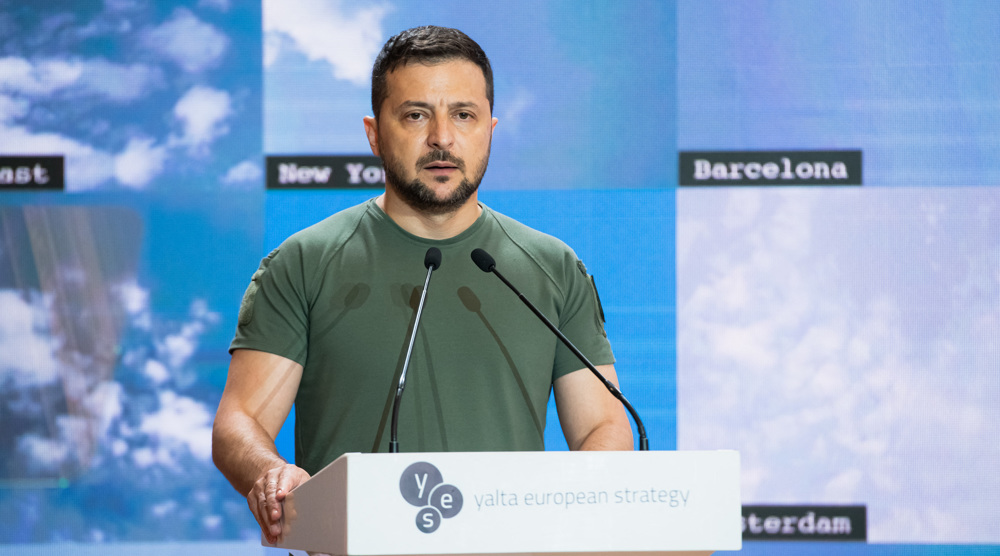
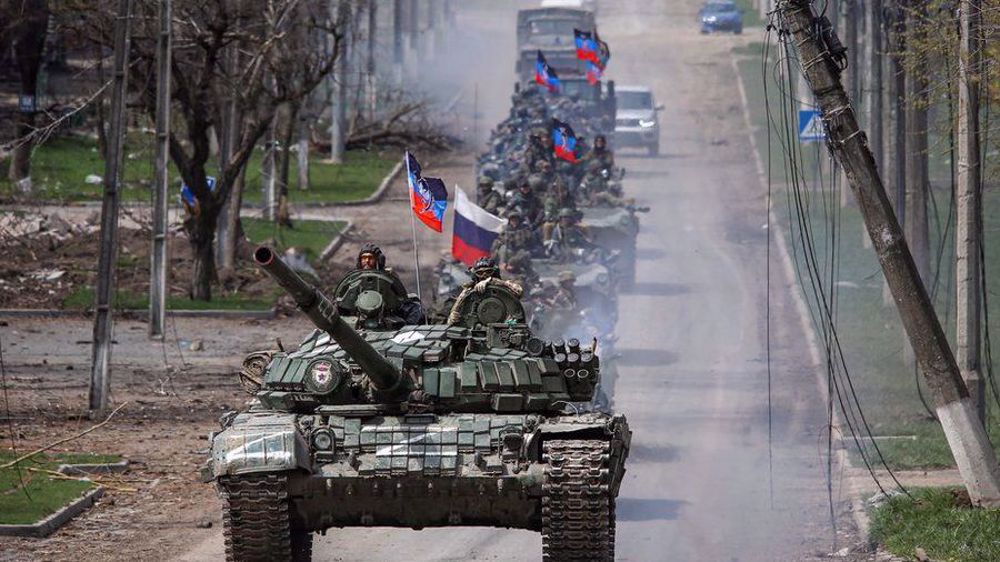
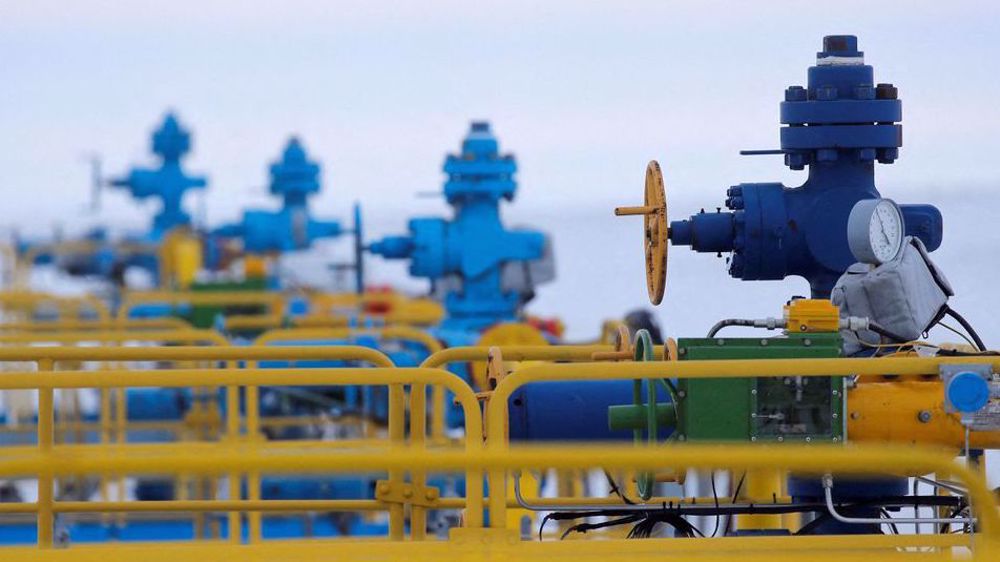
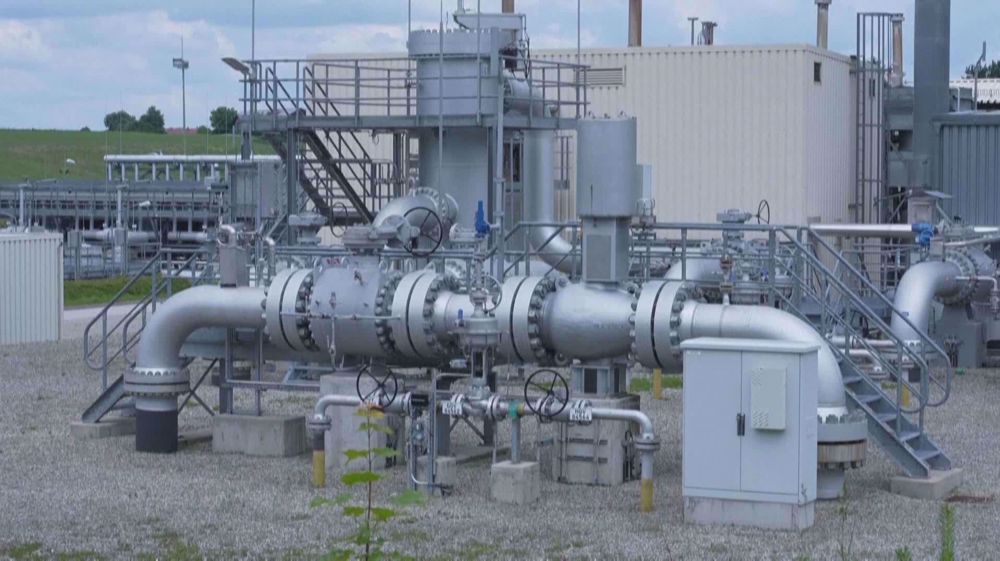

 This makes it easy to access the Press TV website
This makes it easy to access the Press TV website